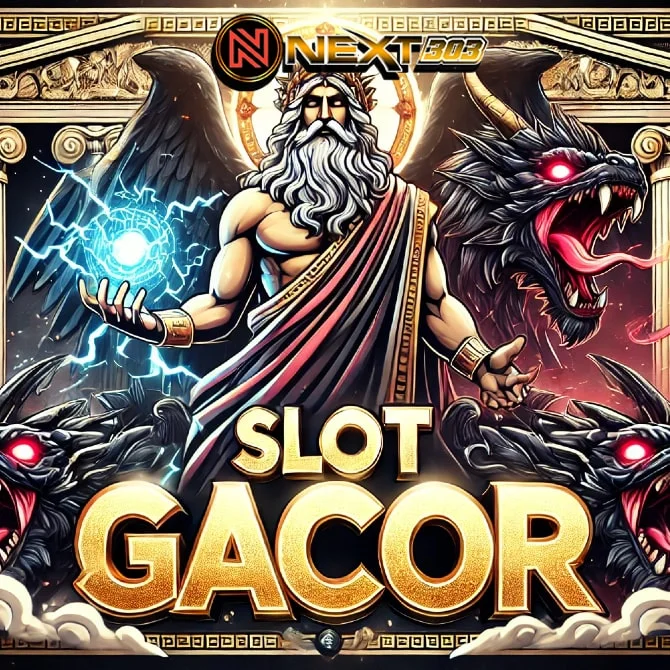Exploring the Best PlayStation and PSP Games for RPG Fans
Role-playing games have always been a cornerstone of the PlayStation and PSP libraries, toto slot offering deep narratives, complex characters, and immersive worlds. Both platforms have consistently delivered some of the best games in the RPG genre, appealing to players who enjoy strategic gameplay and epic storytelling. From home consoles to handheld devices, these games demonstrate why Sony’s platforms are beloved by RPG enthusiasts worldwide.
PlayStation games have set the benchmark for RPG excellence. Titles like Final Fantasy VII Remake and Persona 5 combine compelling narratives with strategic combat systems, offering hours of engaging gameplay. The best games on PlayStation do more than entertain—they immerse players in richly crafted worlds where decisions, exploration, and character development matter. This depth is what keeps players coming back, even years after the games’ initial release.
The PSP extended the RPG experience to portable gaming. Games such as Crisis Core: Final Fantasy VII and Tactics Ogre: Let Us Cling Together offered strategic gameplay, narrative depth, and memorable characters, all in a handheld format. The PSP allowed players to continue epic adventures on the go, providing flexibility while maintaining the complexity and immersion of console RPGs. This portability helped the PSP carve a unique niche in the gaming landscape.
Genre diversity within RPGs is another highlight of PlayStation and PSP libraries. PlayStation hosts traditional turn-based RPGs, action RPGs, and hybrid experiences that blend genres, while the PSP explored tactical RPGs, narrative-driven adventures, and rhythm-based RPGs like Jeanne d’Arc. This variety ensures that RPG fans can find experiences that suit their preferences, keeping both platforms relevant across generations.
Innovation has always been central to RPGs on these platforms. PlayStation games push boundaries with advanced combat mechanics, branching narratives, and immersive worlds. The PSP, despite its hardware limitations, introduced inventive systems such as the rhythm-driven battles in Patapon or portable tactical RPG mechanics. These innovations keep RPG experiences fresh and engaging, inspiring new generations of gamers and developers alike.
Multiplayer functionality further enhances RPG experiences. Many PlayStation RPGs feature online cooperative or competitive elements, allowing players to engage with friends and communities. PSP games also leveraged Wi-Fi multiplayer, enabling portable cooperative gameplay and shared adventures. These social elements add depth and longevity to RPGs, making them more than just solo experiences.
In conclusion, PlayStation and PSP have consistently delivered some of the best RPG games in the industry. From immersive console epics to inventive handheld adventures, these platforms combine storytelling, strategy, innovation, and multiplayer functionality to create unforgettable experiences. Their RPG libraries remain timeless, continuing to captivate players and define the genre for years to come.






